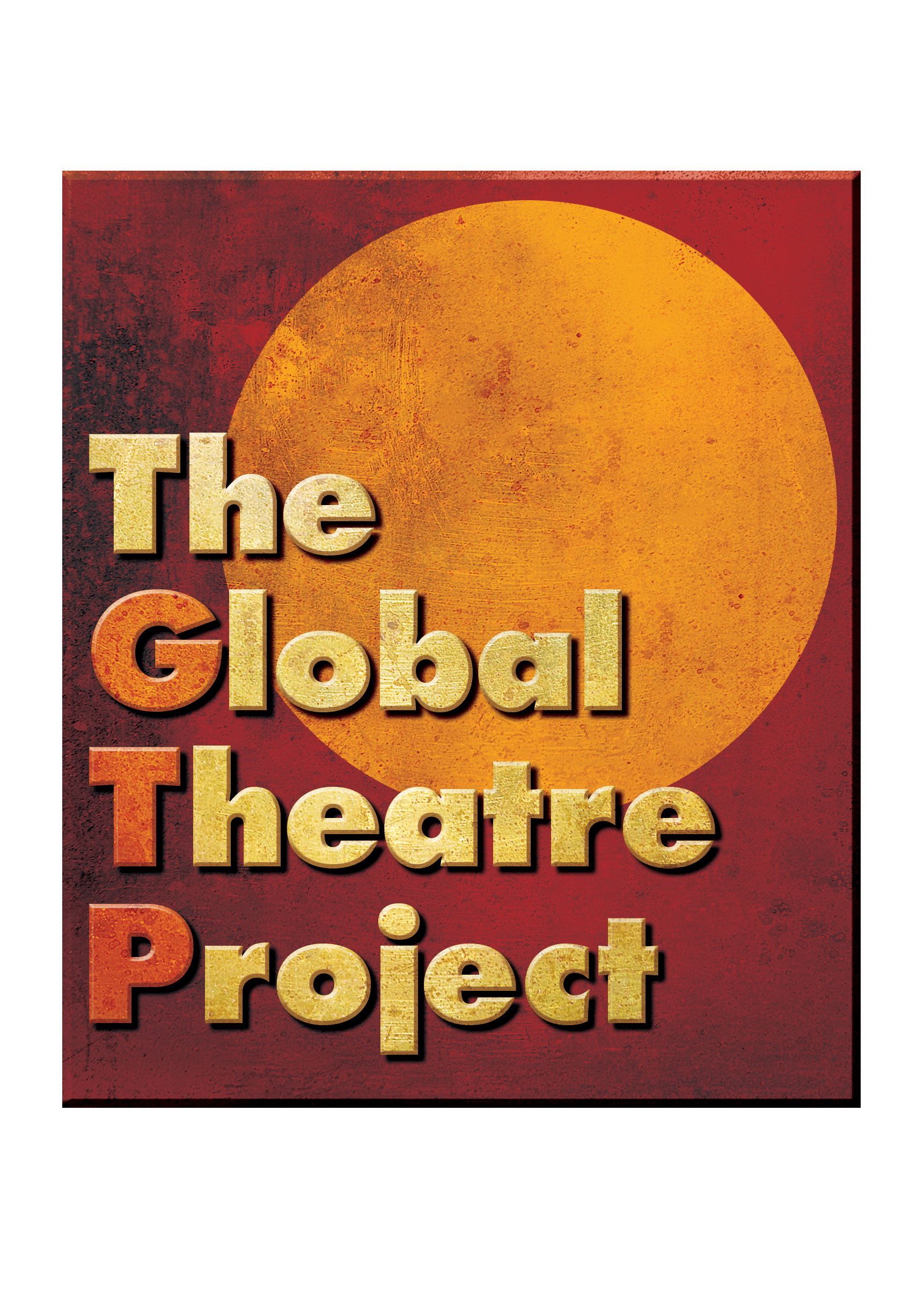In my last post I spoke about the challenges of Italian doors and the lessons they provide for that initial moment when we are facing the unknown of a new culture. The step just after we must ‘observe the door’ in order to discover how to open it is, of course, to walk through the portal.
However, in Italy you don’t simply enter another person’s space without saying a very important word: ‘Permesso.’ In other words you are asking permission. Clearly stated, and expected. . . whether you are entering an office or a home. You can not enter and be considered a respectable person without this word. Whether the person is standing right in front of you, or you are slowly peeking around an open door and announcing your presence, that word must be said.
I have to admit it took me quite a long time to feel comfortable with this expectation. And often times early on in my Italian experience I didn’t do it. But in not doing it I was putting my discomfort and embarrassment (as well as my cultural habits) in front of what my hosts needed in order to believe I held respect for them.
It takes a great deal of courage to let go of our self-identity when entering other worlds. It is, of course, the one thing we want to cling onto most (either consciously or unconsciously). But that is why, as artists, The Global Theatre Project is positioned to bring a level of awareness and risk-taking to the collaborations and entries we make with our international colleagues, partners and audiences. However, at times, we don’t always see that initial situation of ‘permesso’ clearly enough in advance.
On the very first evening of our Global Voices project with University of Texas, we had a special dinner at a very ‘local’ type of restaurant. Mixed among the 15 Texas students and 2 professors were 9 residents and artists of Florence. The evening was going beautifully, everyone getting to know one another with the intention clearly focused on integrating the students and professors as quickly as possible into the world of the city.
Close to the end of the meal one of the professors stood up and suggested the students sing the UT song for their new Florentine friends. And, that before they sing, they should ‘hook ’em.’ What she was referring to was making the hand sign of the Longhorns (UT sports team) and the sign looks like this:
 The reaction of the residents and owner of the locale was immediate and very strong. They were shocked at seeing 17 hands holding a sign that they interpreted as offensive. Clearly they felt the need to educate the newcomers that what they were doing had a very different meaning to Italians and that they should never ‘hook ’em’ in front of an Italian if they don’t want to be offensive, insensitive or disrespectful.
The reaction of the residents and owner of the locale was immediate and very strong. They were shocked at seeing 17 hands holding a sign that they interpreted as offensive. Clearly they felt the need to educate the newcomers that what they were doing had a very different meaning to Italians and that they should never ‘hook ’em’ in front of an Italian if they don’t want to be offensive, insensitive or disrespectful.
The sign that the Italians thought they saw looks like this:
 Too close for their comfort and close enough to see what they registered as a vulgarity. But the energy of the room at that moment was quite ‘collegiate’ and over-rode the definitive clues that were being given by the locals.
Too close for their comfort and close enough to see what they registered as a vulgarity. But the energy of the room at that moment was quite ‘collegiate’ and over-rode the definitive clues that were being given by the locals.
It was a perfect, and of course in hindsight, humorous moment of culture clash. But it was also an opportunity missed to realize that …. even as we enthusiastically want to share our pride of identity with our hosts, when they open the door we must ask ‘permesso’ and if we forget, or do something incorrect, when they try to guide us in a direction right for their comfort….we should pause, take a breath and realize we are in their home. They actually are the perfect guides for us to take those first steps over their portal with confidence and openness. And with a sense of belonging. We need to allow our hold on our sense of identity to loosen a bit.
The project ended wonderfully with many friends made because, as the sensitivity of the students grew and developed during their stay, many doors opened to them. In their own ways each of them learned their level of asking permission.
‘Permesso’ goes far. In Italian or any language.


